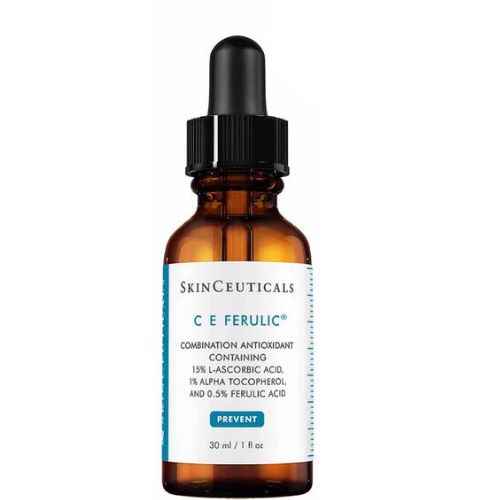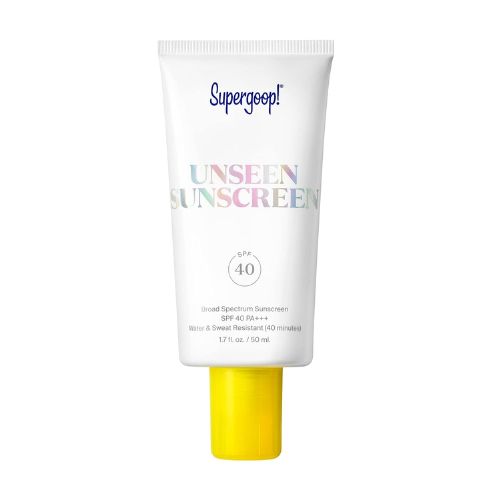The Glow-Getter’s Secret Weapon
Looking to get that healthy, lit-from-within glow in 2025? One word: Vitamin C.
This powerhouse antioxidant helps fade dark spots, boosts collagen, and protects your skin from environmental damage. Whether you’re battling dullness, uneven tone, or early signs of aging, the right Vitamin C serum can transform your routine.
But with so many options, how do you pick the best one?
We tested and reviewed dozens of top-rated serums to bring you the 10 Best Vitamin C Serums for Glowing Skin in 2025 — including expert insights, pros and cons, and who each serum is best for.
Let’s dive in.
Top 3 Vitamin C Serums – Quick Comparison
SkinCeuticals C E FerulicBrand: EltaMD
Best for: Sensitive, Redness-Prone, Acne-Prone Skin
Key Features
Pros & Cons
- Soothes breakouts and redness
- Dermatologist-recommended
- No white cast
- Slightly pricey
- May feel tacky during first few minutes
SkinCeuticals C E Ferulic Best Values
La Roche-Posay Anthelios UVMune 400 SPF 50+Brand: La Roche-Posay
Best for: Shiny, Acne-Prone Skin Needing Strong Protection
Key Features
Pros & Cons
- No greasy residue
- Works well under makeup
- Powerful UV protection
- Can sting slightly on broken skin
- May not suit very dry skin types
La Roche-Posay Anthelios UVMune 400 SPF 50+ Best Values
Supergoop! Unseen Sunscreen SPF 40Brand: Supergoop!
Best for: Oily Skin + Makeup Wearers
Key Features
Pros u0026amp; Cons
- No white cast
- Controls shine all day
- Doubles as a makeup primer
- Contains silicones (may not suit everyone)
- Smaller tube compared to price
Supergoop! Unseen Sunscreen SPF 40 Best Values
Paula’s Choice CLEAR Ultra-Light SPF 30+Brand: Paula’s Choice
Best for: Acne-Prone Teens and Young Adults
Key Features
Pros & Cons
- Doesn’t clog pores
- Great for layering with other acne treatments
- Fragrance-free and cruelty-free
- Lower SPF compared to others
- Not water-resistant
Paula’s Choice CLEAR Ultra-Light SPF 30+ Best Values
How to Choose the Right Sunscreen for Oily, Acne-Prone Skin
1. Look for “Non-Comedogenic”
Always go for products that won’t clog your pores. Labels like “non-comedogenic” or “oil-free” are a must.
2. Choose a Lightweight Texture
Gel, fluid, or water-based sunscreens are best for oily skin. Avoid heavy creams.
3. Go Broad-Spectrum
You need protection from both UVA and UVB rays. Look for SPF 30 or higher.
4. Extra Ingredients Matter
Niacinamide, zinc, and green tea are your skin’s best friends. They help calm inflammation and control excess oil.
FAQs – Best Sunscreens for Oily Acne-Prone Skin
Can sunscreen cause breakouts?
Yes, if it contains pore-clogging oils or heavy emollients. Stick to non-comedogenic, oil-free options for oily skin.
Do I need sunscreen if I have oily skin?
Absolutely. Skipping sunscreen leads to sun damage, dark spots, and can worsen acne scars.
What SPF is enough for acne-prone skin?
SPF 30 or higher is recommended, especially if you use exfoliants or acne treatments.
Can I use makeup over these sunscreens?
Yes! Especially Supergoop! Unseen Sunscreen — it’s made to double as a primer.
How often should I reapply sunscreen?
Every 2 hours if you’re outside, and after sweating or swimming.
Which One Should You Choose?
For overall performance, EltaMD UV Clear SPF 46 is the gold standard for oily, acne-prone skin. It’s derm-recommended, lightweight, and treats your skin while protecting it.
If you want strong protection and a matte finish, La Roche-Posay UVMune 400 is unbeatable. For makeup lovers, Supergoop! Unseen Sunscreen offers flawless wear.









